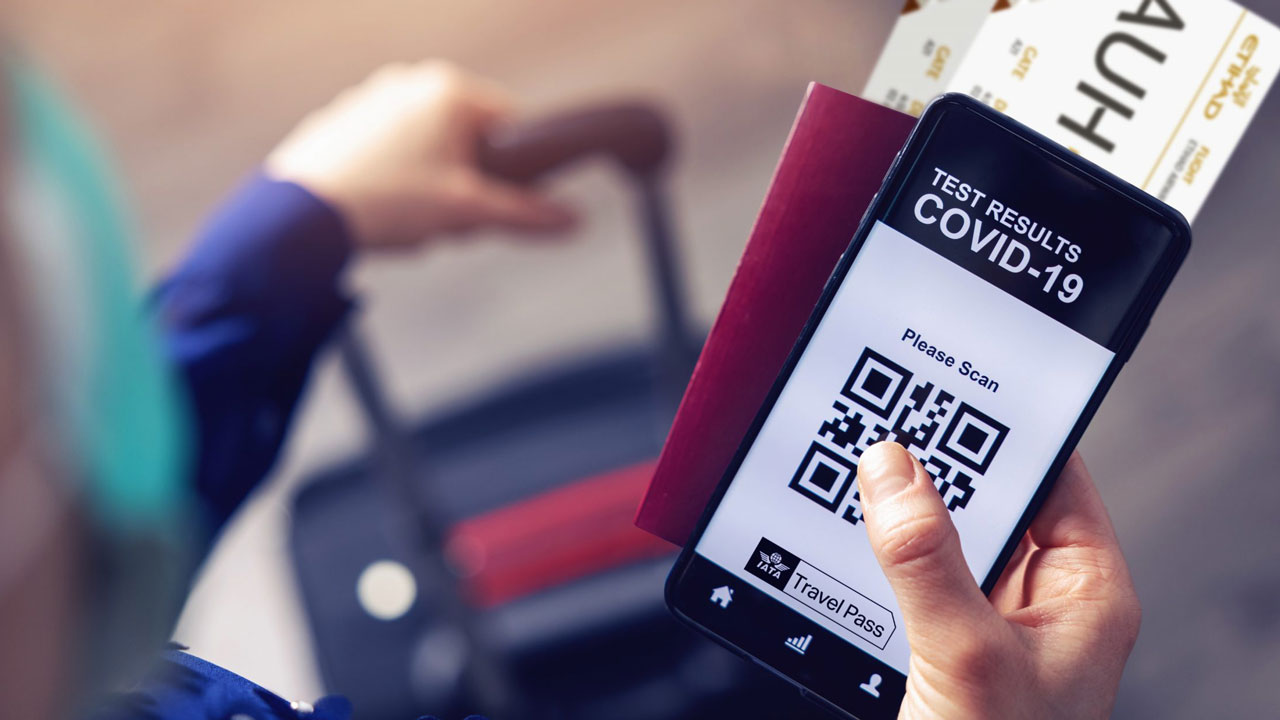
*Hong Kong bans flights from UK, U.S., Canada, five others
Nigerians travelling to the United Kingdom can worry less about COVID-19 tests in the European country. This is as the British government has scrapped pre-departure tests beginning from Friday, January 7, 2022.
British Prime Minister, Boris Johnson, yesterday, told the parliament that the requirement to self-isolate on arrival until receipt of a negative PCR test will also be lifted.
Instead, a negative lateral flow test will be acceptable, Johnson said. The rapid test that has been in use since October 2021 helps to check for COVID-19 infection.
Research has shown that rapid tests are a reliable test for COVID-19. Unlike the PCR, they give a quick result and do not need to be sent to a lab.
But the rate of Omicron infections has spiked lately in the UK, with the country recording 194,747 new cases and 334 further deaths as at noon yesterday.
The figure for new cases is more than 20,000 below the record figure recorded on Tuesday (218,724), but still the second highest figure on record. But the total number of new cases over the past week is now 40.1 per cent up on the previous week. The equivalent figure on Tuesday was 50.9 per cent.
Meanwhile, Hong Kong yesterday banned flights from eight countries as it implements stricter virus controls in response to the Omicron variant. All passengers from Australia, Canada, France, India, Pakistan, the Philippines, the UK and the U.S. will be banned from entering Hong Kong from January with the ban set to last for 14 days.
Hong Kong will also tighten its restrictions across the country as it races to contain the spread of the Omicron variant. After recording its first community transmission case on New Year’s Eve, authorities shut down bars, gyms, beauty parlors, large-scale events and evening restaurants.
Director General of the International Air Transport Association (IATA), Willie Walsh, reiterated that governments adhering to World Health Organisation’s (WHO) advice would tackle the Omicron variant than travel bans would do.
The WHO advised that blanket travel bans will not prevent the international spread, and they place a heavy burden on lives and livelihoods.
In addition, they can adversely impact global health efforts during a pandemic by disincentivising countries to report and share epidemiological and sequencing data.
“All countries should ensure that the measures are regularly reviewed and updated when new evidence becomes available on the epidemiological and clinical characteristics of Omicron or any other variants of concern.”
Walsh said: “After nearly two years with COVID-19 we know a lot about the virus and the inability of travel restrictions to control its spread. But the discovery of the Omicron variant induced instant amnesia on governments, which implemented knee-jerk restrictions in complete contravention of advice from the WHO—the global expert.
“The goal is to move away from the uncoordinated, evidence-absent, risk-unassessed mess that travellers face. As governments agreed at the International Civil Aviation Organisation (ICAO) and in line with the WHO advice, all measures should be time-bound and regularly reviewed. It is unacceptable that rushed decisions have created fear and uncertainty among travellers just as many are about to embark on year-end visits to family or hard-earned vacations,” Walsh said.



